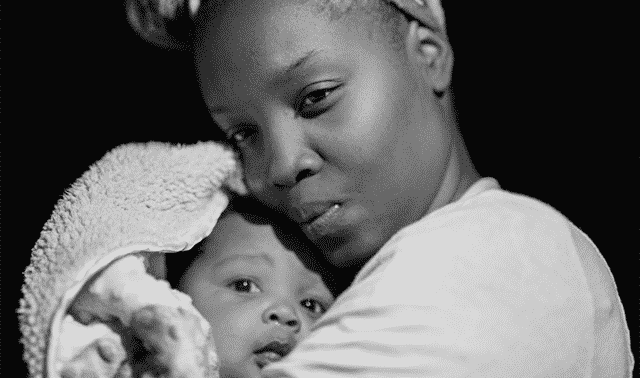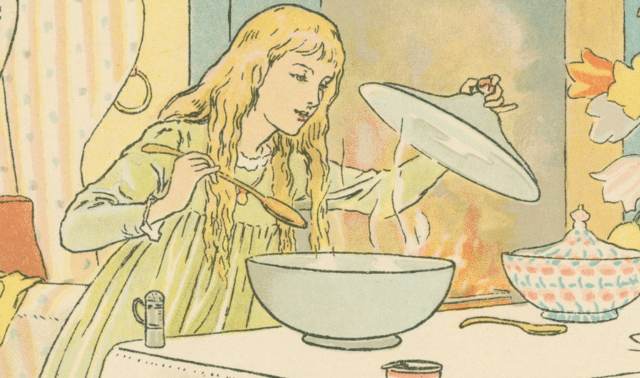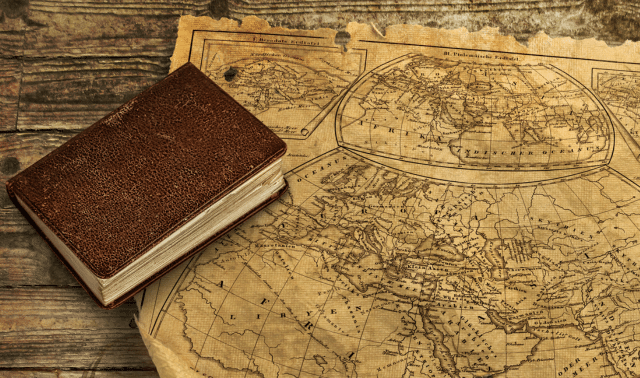Sign up for the Family Tree Newsletter! Plus, you’ll receive our 10 Essential Genealogy Research Forms PDF as a special thank you.
Get Your Free Genealogy Forms
"*" indicates required fields

In November 1833, a meteor shower was witnessed across the United States. Amanda Young, who was still enslaved as a young girl at the time of the event, witnessed the event.
Using this story as a starting point, I was able to find Amanda Young and her husband.
Oral history plays an important role in family history, particularly for African Americans. These stories can provide valuable clues when ancestors names don’t show up in other records. They might contain nuggets of truth that you can use to find time frames, locations of events and clues to existing records. A family story may contain names of former slave owners, neighbors and other relatives, along with locations or historical events. Such details can help establish the age your ancestor was or where she lived.
1. Separate Fact from Fiction
The biggest problem with oral history is that everyone tells a story differently. Facts get lost, changed or deliberately left out to protect those involved. So how do you get to the truth? There are some ways to break down the story to verify the information.
First, look for anything that is easily verifiable, like place names, events, dates and people. Research those to determine whether any of the information conflicts with known facts. Is the story something more personal, or did it occur in a larger public forum? Would it have landed in a local paper or church bulletin?
The biggest problem with oral history is that everyone tells a story differently.
Then, compare stories. Try to get the story from more than one person. Two people will remember the story differently. Your aunt may remember details about an ancestor’s hobbies that relate to hers, such as quilting, while a male relative may remember other details.
Finally, focus on the details that aren’t easily verifiable or what you don’t know. Are there holes in the oral history that you can research or that could be filled in with records? Are there other people mentioned? Doing some collateral research may turn up some information that could fill in those blanks.
2. Develop Your Own Oral History
How someone tells a story reveals as much about them as it does the events or people in the story. In fact, that is a great reason to record your family’s oral histories. You don’t need fancy equipment, just your video camera on your smart phone. There are plenty of free tools that you can use to edit the audio or video clips, such as Audacity or Adobe Express.
Pull together a list of questions that you’d like to ask. Warm them up by asking about family recipes or traditions, or the funniest thing they remember about an ancestor. You can also ask questions about the house or neighborhood they grew up in, their hobbies or first job. Further, you can use a prompt, like an heirloom or old photo.
Oral histories can capture memories that lead you to more records—and sometimes lead to a slaveholder’s identity. Ask family members, especially older ones, these questions:
• Where did you grow up?
• Where was the family from originally?
• Who did you live with?
• Who is the oldest relative you remember?
• What stories did older folks tell about their childhoods?
• Who were people in the family named after?
• Where did the family attend church?
• Where are old-time family members buried?
• Who were the prominent white families—the big farmers or bigwigs in town?
• Did older relatives work for or have unusually close ties with certain white families?
• Did any white families with the same last name live nearby?
But don’t restrict yourself to just one or two people. Ask family friends and acquaintances what they remember about your relatives. For more inspiration, check out the StoryCorps projects and collections.
3. Find Oral History Collections
If you are looking for more resources or ideas, there are some great collections you can access online:
- Born in Slavery: Slave Narratives from the Federal Writers’ Project, 1936 to 1938 contains more than 2,000 records from interviews with former slaves.
- Voices Remembering Slavery collection contains almost seven hours of recordings with 23 interviewees born between 1823 and 1860s.
- First-Person Narratives of the American South includes diaries, memoirs and narratives written by under-represented voices from the South.
- The North American Slave Narratives collects books and articles that document the stories of African Americans struggling for freedom. It includes existing narratives of fugitive and former slaves up to 1920.
- The University of North Carolina-Asheville Oral History Collections center around Asheville and Western North Carolina. These include the South Asheville Colored Cemetery collection, which contains interviews of African American residents talking about the people buried in the cemetery.
- The University of Louisville’s African American Community Interviews Collection includes interviews of African Americans from the 1970s and ’80s.
Oral history plays an important role in family history, particularly for African Americans.
Angela Walton-Raji
Look for other oral history collections nearby to see if the libraries or university systems have their own projects.








